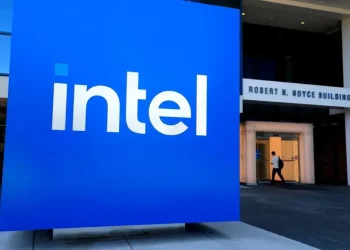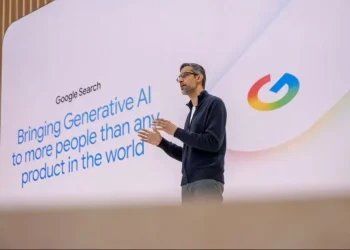Anthropic’s New AI Model Can Work Almost a Full Workday Without a Break
Artificial intelligence startup Anthropic has unveiled a groundbreaking AI model that can work independently for nearly seven hours straight—almost an entire workday. This advancement signals a shift toward AI handling longer, more complex tasks, potentially transforming how businesses use AI on the job.
Unlike traditional AI tools designed for single tasks, Anthropic’s new model, named Opus 4, is capable of managing bigger projects without constant human input. This marks a step closer to AI functioning like a human employee or coworker, taking on broader objectives rather than simple requests.
From Task Assistant to Autonomous Worker
Anthropic, backed by tech giants like Amazon and Google, introduced Opus 4 alongside another model called Claude Sonnet 4, designed for general use. Opus 4 stands out because it can stay “on task” for about seven hours, handling work independently without needing frequent prompts.
While it doesn’t fully mimic the multitasking nature of a human workday, where tasks and projects switch frequently, this is a significant leap forward. It means AI can now tackle sustained, detailed work autonomously—handling the repetitive or mundane parts of jobs that often take up a big chunk of the day.
Scott White, product lead for Anthropic’s AI assistant Claude.ai, explains: “It’s like automating 30% of your day—those necessary but not necessarily fulfilling tasks that get in the way of your bigger goals.”
Practical Use: From Marketing to Strategy
White gave an example of how Opus 4 could help a marketer: Instead of manually digging through data, the AI could analyze past advertising campaigns across platforms like Facebook and Google, compare their results, and offer insights on why one campaign performed better.
“It’s about Claude thinking deeply over a long time about your goal,” White said. “It uses tools and reasoning to look at problems from new angles and keep pushing the task forward.”
AI Investment Booms Amid Growing Enterprise Demand
Anthropic’s release comes as interest and spending on AI skyrocket. A recent survey from venture capital firm Menlo Ventures—also an Anthropic investor—found enterprise spending on generative AI grew sixfold in 2024 compared to the previous year. Meanwhile, Anthropic is expanding its market share, challenging OpenAI’s dominance in business AI services.
Industry leaders like Google and Microsoft are also rolling out advanced AI tools. Google recently made its autonomous coding tool, Jules, publicly available, and Microsoft launched a sophisticated coding assistant for its GitHub platform. Apple is reportedly partnering with Anthropic on a new AI that can write and test code.
The Workforce Impact: Opportunity and Challenge
While AI’s rise promises productivity boosts and career growth opportunities, it also raises concerns about job losses. The World Economic Forum’s Future of Jobs report warned that 41% of employers plan layoffs as AI takes on more work-related tasks. LinkedIn’s chief economic officer recently highlighted risks to entry-level jobs in a New York Times opinion piece.
Scott White acknowledges these concerns but sees AI as a tool that could empower workers to learn new skills and take on roles beyond their formal education—for example, an engineer creating visual designs without prior training.
“This isn’t just Anthropic’s responsibility,” White said. “Governments, policymakers, and companies need to collaborate to understand how AI will shape the future workforce.”
This article was rewritten by JournosNews.com based on verified reporting from trusted sources. The content has been independently reviewed, fact-checked, and edited for accuracy, neutrality, tone, and global readability in accordance with Google News and AdSense standards.
All opinions, quotes, or statements from contributors, experts, or sourced organizations do not necessarily reflect the views of JournosNews.com. JournosNews.com maintains full editorial independence from any external funders, sponsors, or organizations.
Stay informed with JournosNews.com — your trusted source for verified global reporting and in-depth analysis. Follow us on Google News, BlueSky, and X for real-time updates.














